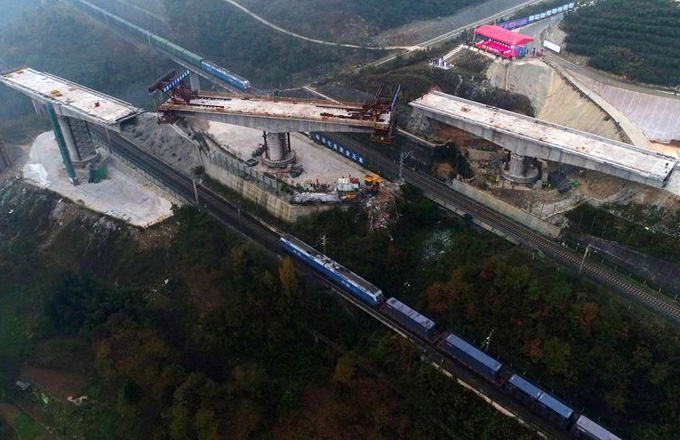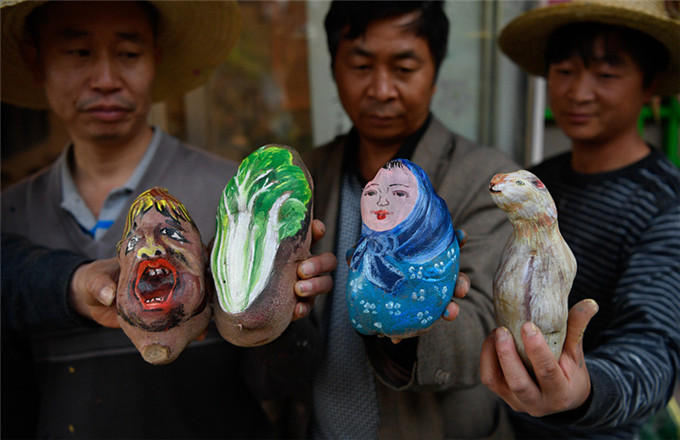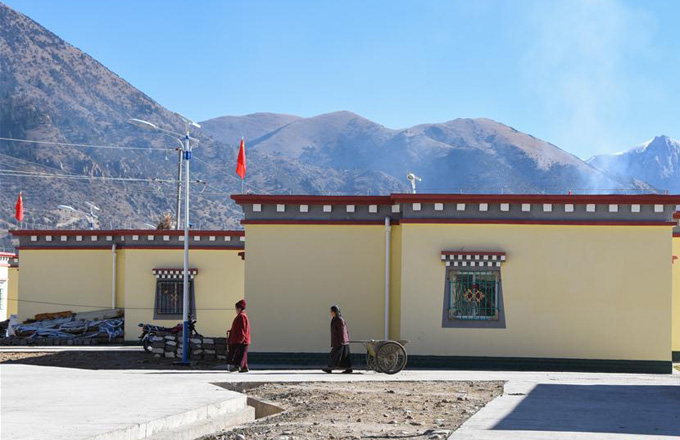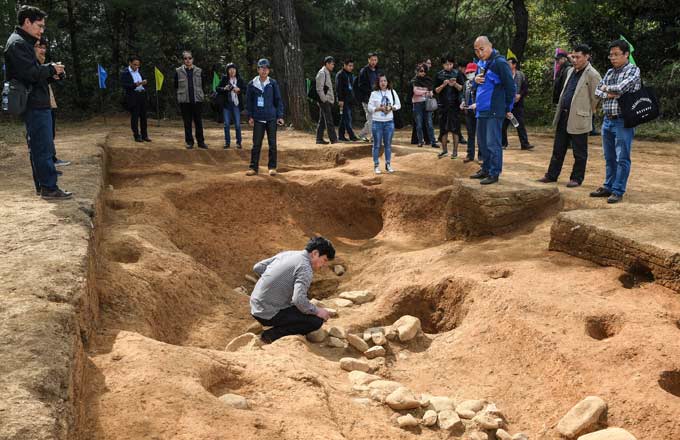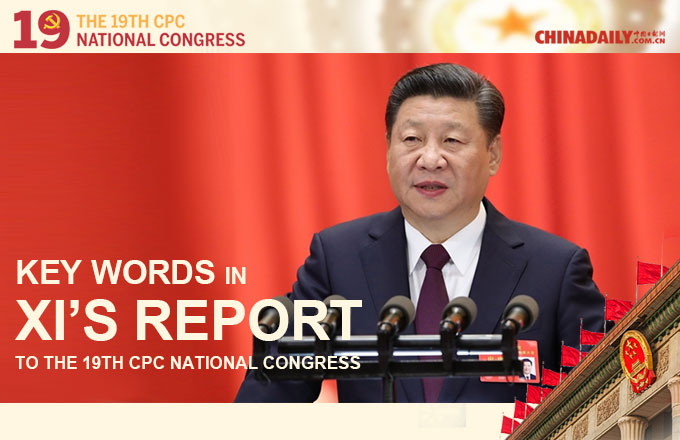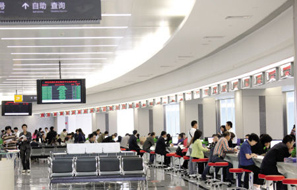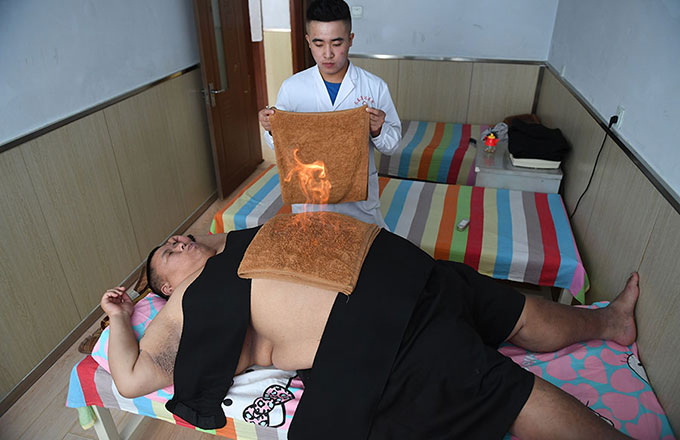Poor Guizhou village grows stronger after storm
The residents of a once poor and underdeveloped region of Guizhou province are looking forward to the upcoming 19th CPC National Congress, as they say it will herald further developments in the country over the next five years that will help them improve their lives.
Tangyue, a village in Anshun, used to be the home of many "empty-nest" elders and children, since adults often had to travel for jobs in the coastal cities of southeast China as migrant workers. But a strong rainstorm in 2014 changed that.
"The village was severely damaged by floodwaters, and over 1,000 adults who had left to work elsewhere rushed back to rebuild their houses," Zuo Wenxue, the village's Party chief, told China Daily recently.
"That gave us the opportunity to unite the villagers to find a way out of our predicament," he said.
Zuo proposed taking advantage of the government's land-use reforms to change the villagers' resources into assets. This made them all shareholders by setting up a cooperative for agricultural production and using the land that had been left unattended. Before the flood, more than 30 percent of the village's land was unused because so many people were working in other places.
To get the cooperative up and running, the 10 village cadres applied for personal loans totaling 1.2 million yuan ($182,000). More villagers became shareholders in the cooperative by transferring their land-use rights to it as yields rose.
"Now, every day, trucks come to our village to transport cucumbers, potatoes, peppers, eggplants and other vegetables to cities such as Guangzhou. The daily earnings of the cooperative has reached over 30,000 yuan," said Luo Baohua, who manages the cooperative.
To increase the value of their products, villagers are constructing a cold storage facility near the greenhouses for sorting and packing the vegetables.
According to official data, this has resulted in the average per capita net annual income increasing from less than 4,000 yuan in 2013 to 10,030 yuan in 2016. The villagers also have been able to expand their cooperative efforts to utilize the skills the former migrant workers acquired while working in cities.
Zuo said their next goal is to boost tourism to the village.
After the flood, experts from the China Academy of Arts were invited to help improve the layout of the village, which now boasts well-designed houses, wide roads and a big square.
Apart from pushing forward economic development, the village cadres have sought to strengthen social cohesion by introducing nine rules to put an end to bad rural customs, such as limiting luxurious banquets.
"The villagers used to host exorbitant banquets for celebrations such as weddings, which often led to financial hardships for families," said villager Zhang Changyou, who said he saved nearly 40,000 yuan when organizing a funeral banquet.
In June 2015, President Xi Jinping visited Guizhou province and stressed the need to eliminate poverty. Last year, the population of impoverished people in the province was reduced by 1.2 million, and over the next three years, the government plans to lift another 1 million out of poverty each year.


